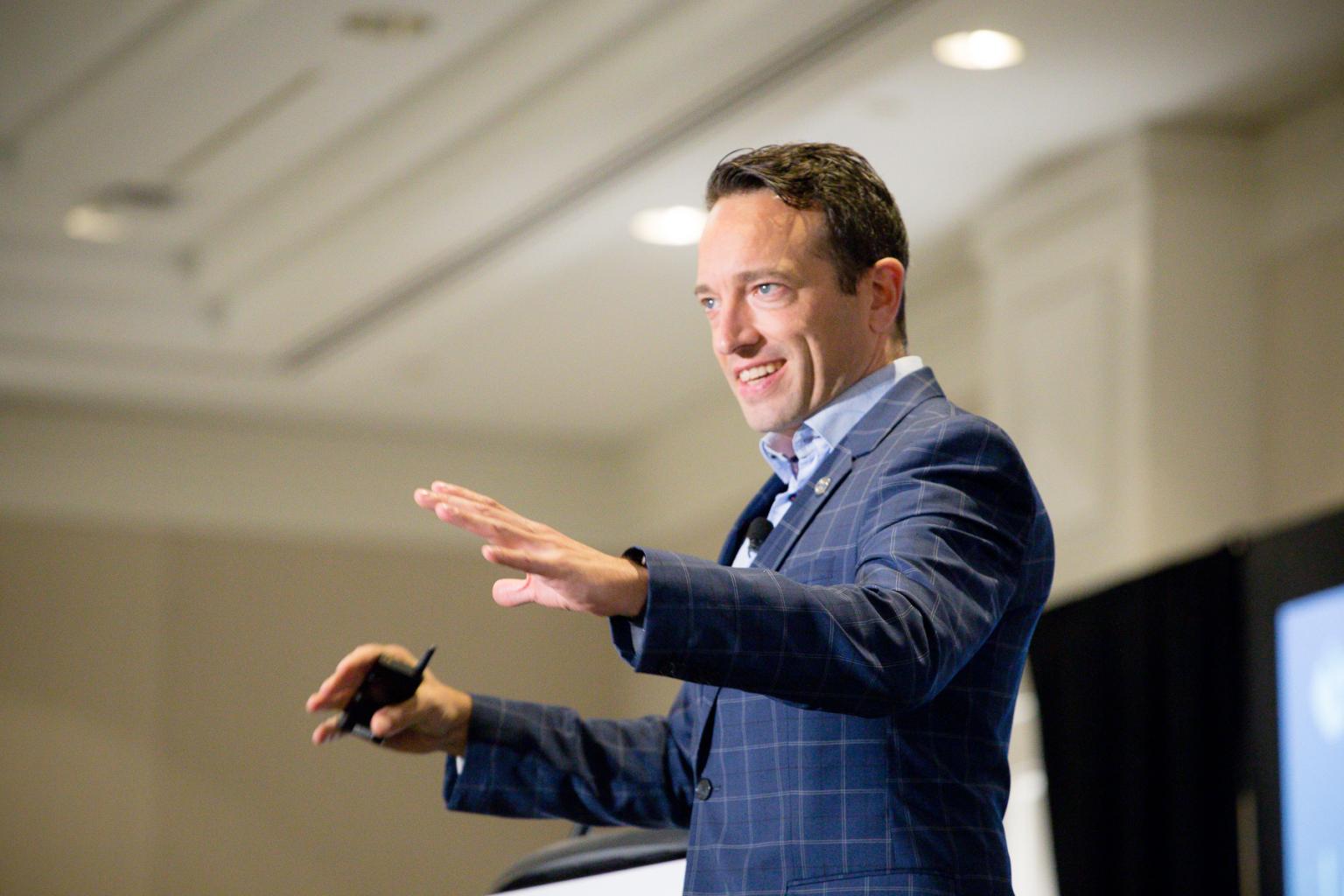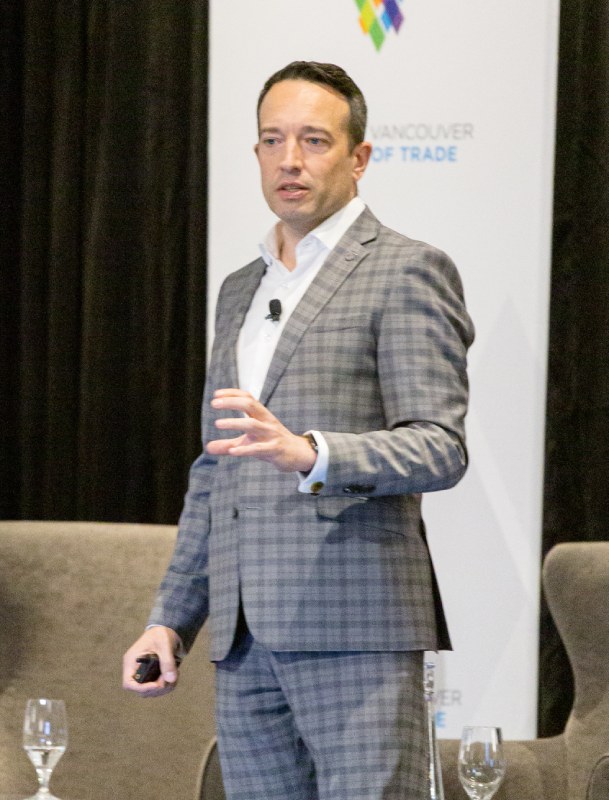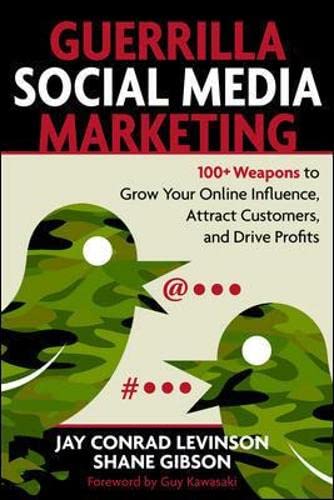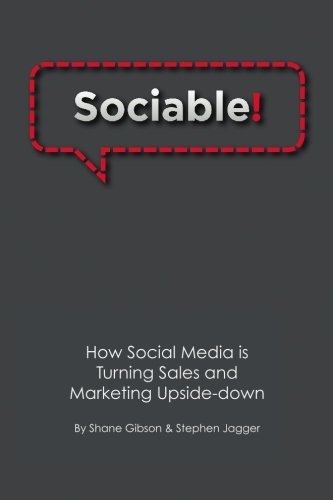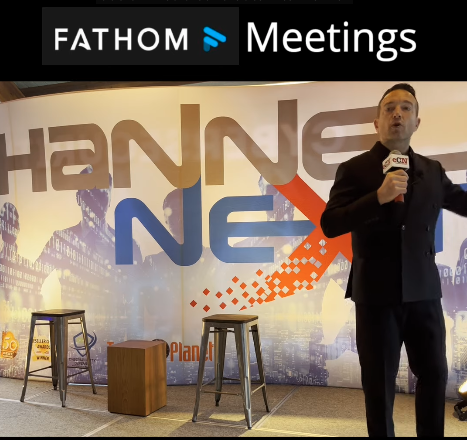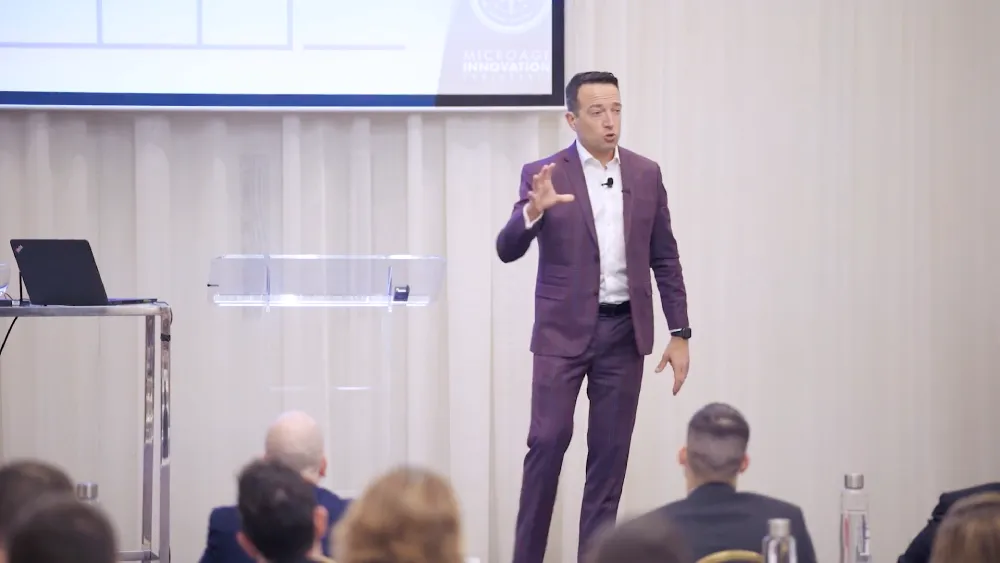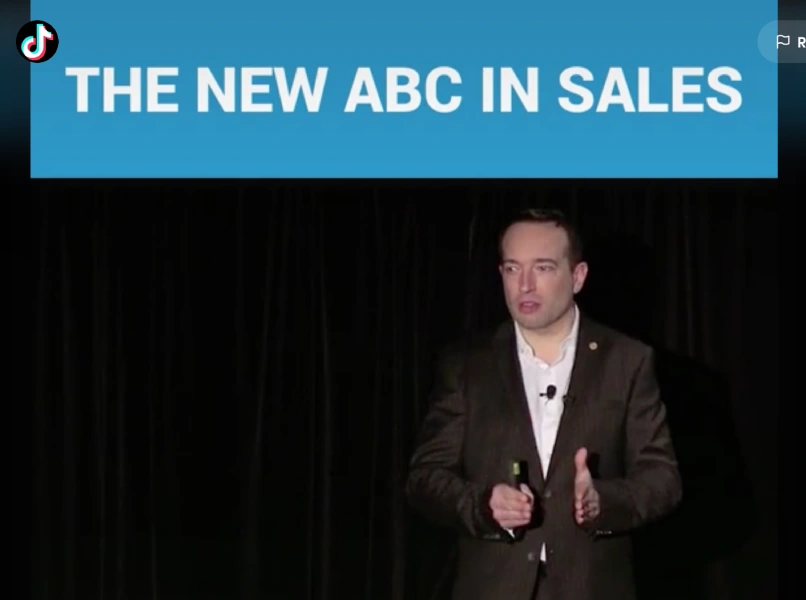Twitter won’t kill you but ignoring it might!
…social networking sites and social media including FaceBook, Linkedin, and Twitter for cancer, heart attacks, lupus, dementia and more?
As a sales performance specialist, author, speaker, and someone who loves connecting people; I’m one of the biggest proponents of networking and socializing. Yes I’m referring to non-sterilized out from behind the computer connecting with real genuine people. If that’s true then why defend social networking and social media? After all, most of my clients pay me to teach their people to teach them how to network, prospect, cold-call, present, handle objections, and then close the deal. I make money from promoting this way of doing business. I like this way of doing business, I’m good at it.
So why? Why defend or promote the medium? I’m one of those people that is totally open to other people’s opinions, in fact rarely do I debate with or correct people, even if I feel they may be wrong. Unless of course what they’re talking about keeps them in an negative or unhealthy space, even more so if they’re affecting other people.
I have had several people forward me links to an article recently that I think presents a very one sided and one dimensional view of a very multi-dimensional tool and movement. What I’m talking about is a recent article posted in The Register. It’s at best a one-sided article making an extreme interpretation of an article released in the journal of the British Institute of Biology this past February 2009.
The article in The Register blames social networking sites and social media including FaceBook, Linkedin, and Twitter for cancer, heart attacks, lupus, dementia and more. Why not blame it for the recession as well? (The ironic thing is the article at the bottom encourages people to “share it on Facebook” or to “digg” it.)
There’s some really bad assumptions made. You can read the original article and the study (PDF) and judge for yourself. Number one most of the data in the article and the studies cited were from studies conducted observing people for a period of years leading up to 1998! What a leap!
Connecting internet usage in 1998 prior to the advent of Facebook, Twitter, Linkedin, Blogging, Youtube, Skype, Google was practically an unknown entity. The study that most of these extrapolations were based upon came at a time of dial-up, slow-broad-band, and Yahoo Chat!, I almost developed an ulcer myself just waiting for the java applet in Yahoo! Chat to load as my Windows OS and first generation Toshiba Satellite creaked and groaned in protest.
Digging up and using old data to condemn platforms that have only existed for less than 5 years is a stretch. In fact a new study that just came out in 2009 out of Taiwan cites that blogging, may make you happier. (Study via Andrew Devine on Twitter) Doctor Ben Goldacre in a recent blog entry shared several counter studies from well known scientists that refuted the Register article as well:
Many of them do not support Dr Sigman’s theory. These are the ones he completely ignores.
For example:
1. Caplan SE published a paper in 2007 entitled: “Relations among loneliness, social anxiety, and problematic Internet use.” Dr Sigman did not quote this paper in his article. Why not? “The results support the hypothesis that the relationship between loneliness and preference for online social interaction is spurious.”
2. Sum et al published a paper in 2008 with the title: “Internet use and loneliness in older adults“. Dr Sigman chose not to quote this paper. Why not? I don’t know, although it does contain the line “greater use of the Internet as a communication tool was associated with a lower level of social loneliness.”
3. Subrahmanyam et al published a paper in 2007 called “Adolescents on the net: Internet use and well-being.” It features the line “loneliness was not related to the total time spent online, nor to the time spent on e-mail”. Dr Sigman ignored it.
What is interesting is these studies are done in this decade, not in the 90’s. Overall this in my opinion is just an opinion and people are entitled to them. The study was a jumble of other studies mashed together. We all know that statistics can be spun in any direction to support just about any conclusion. Another good blog and retort of The Register article can be found here by Mind Hacks.
Here’s what’s most dangerous about buying into far reaching claims that sending your Granny a video over Facebook will kill her: It will keep you from enjoying all of the benefits that are attached to using these tools properley.
Anything used to excess is bad. Yes MacDonald’s, Beer, Sunlight, all will kill you if you use them to excess. Social Media and Social Networking if used properly can help you break the ice and make connections with people in your community or across the globe. Most people on Facebook, Twitter, and Linkedin who really jump in and use them (not dip their toe in the water and condemn it but actually try it) will have most likely attended events, had lunch, done business and even collaborated to help a charity using the tools.
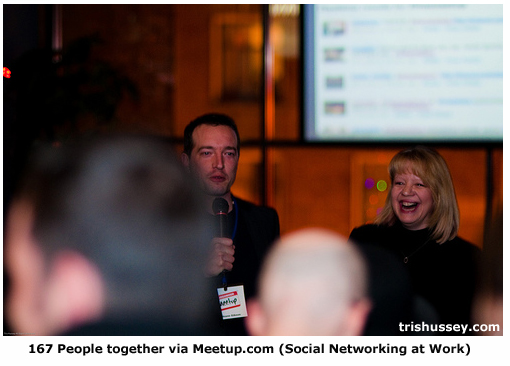 These tools don’t replace networking, from my experience they leverage your networking efforts if you use them well. Before people blamed the internet for anti-social teenagers they blamed Metallica and before that they blamed Bob Dylan (as I digress).
These tools don’t replace networking, from my experience they leverage your networking efforts if you use them well. Before people blamed the internet for anti-social teenagers they blamed Metallica and before that they blamed Bob Dylan (as I digress).
In their book “groundswell” Charlene Li of Forrester Research and Josh Bernoff (Published by Harvard Business Press) state that “this movement can’t be tamed. It comes from from a thousand sources and washes over traditional businesses like a flood. And like a flood, it can’t be stopped in any one place. Often it can’t be stopped at all. This is the movement we call a groundswell. And while you can’t stop it, you can understand it. You can not only live with it: you can thrive in it.”
Maybe people are just afraid.
I personally think I will stick with Forrester Research and Harvard for my data on the benefits of Social Media and Social Networking. Let’s bring this back to the beginning though; I love people, I love networking and building relationships, I make money teaching other people how to do that. I like these technologies because they can accelerate that process. I suggest that you do both, not one or the other.
Criticizing Twitter and saying it’s unhealthy is like saying “hammers are bad,” yes it’s true they have been misused, been responsible for many broken thumbnails, even murder. A hammer is just a tool, it’s how you use it. Don’t fall in love with any of these tools. Use them to enhance your effectiveness. I have met no less than 300 people face to face in that past 6 months that I first met through Facebook, Twitter, Linkedin or Meetup. The founder of Builddirect.com Jeff Booth originally connected with me after reading this blog. Jeff and I see each other every week now in person, and we follow each other on Twitter. How is that unhealthy?
I would really like to hear readers thoughts on this and any stats for or against my opinion.

